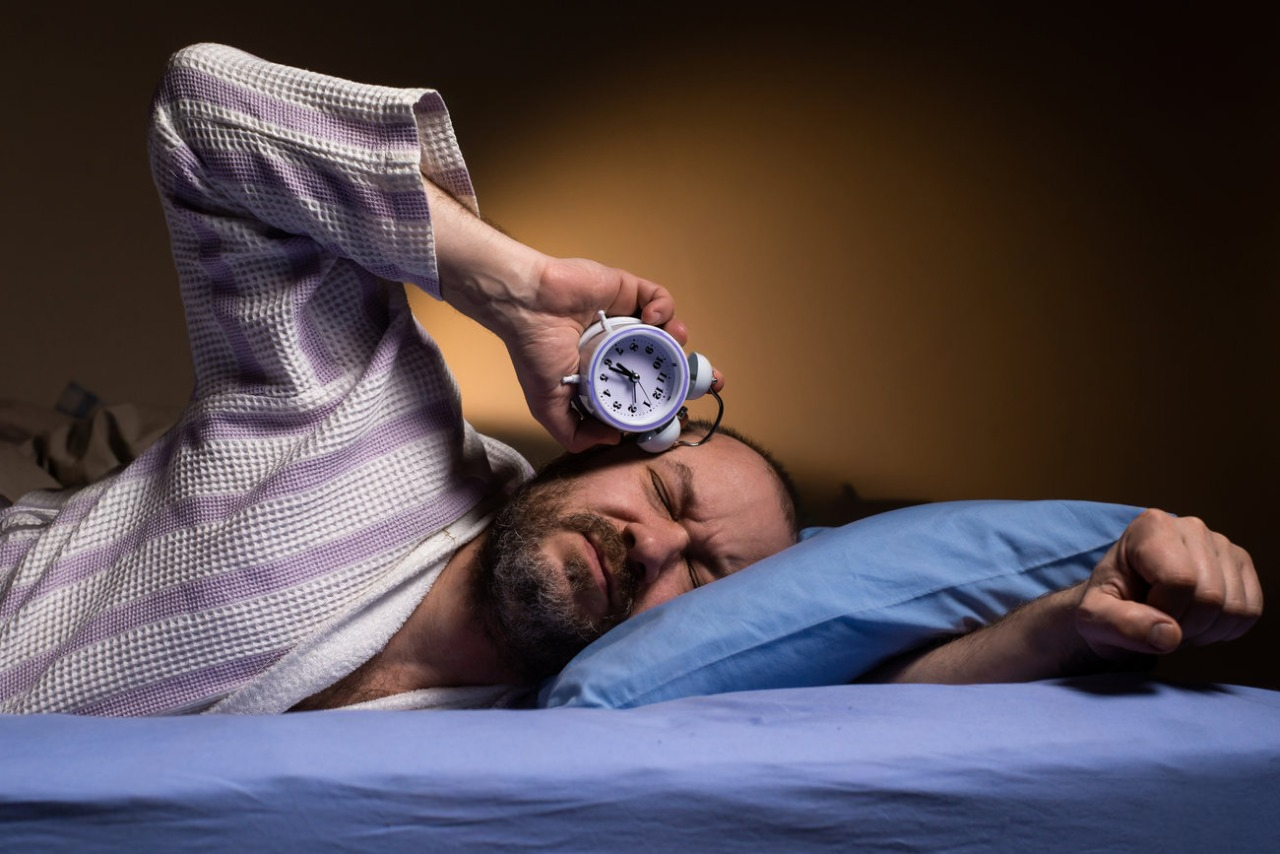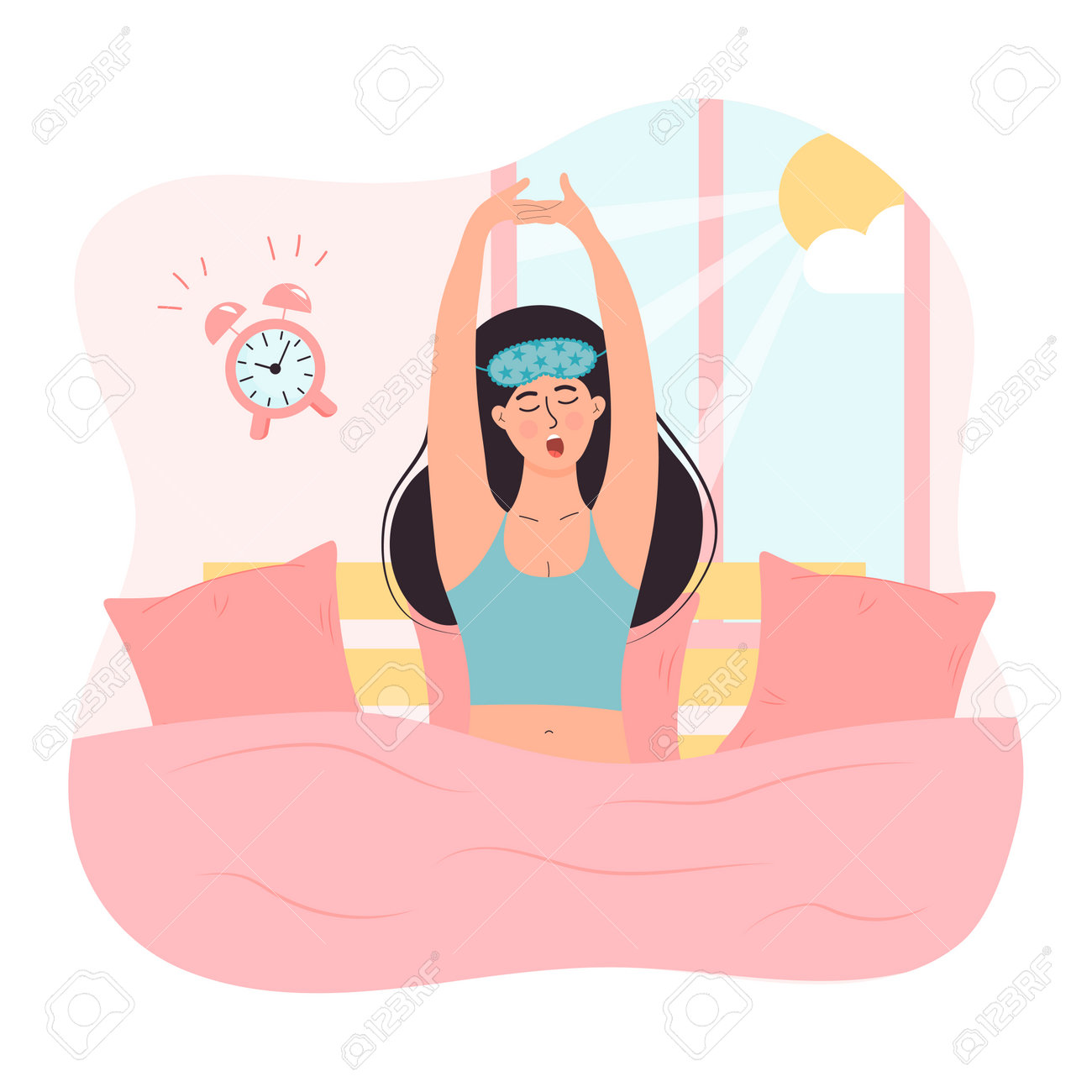People often feel tired and forget things, even after a full night’s sleep. Individuals who feel sleepy statistically show symptoms of sleep apnea. Sleep apnea causes brain problems. Sleep apnea problems interfere with our ability to store and retrieve memories.
Not treating sleep apnea often leads to memory problems and worsens thinking skills. This text looks into sleep apnea relationships and potential treatment approaches.
What is sleep apnea?
Waking up from what should have been a good sleep often shows that you didn’t rest long. Sleep-related breathing interruptions while working might be responsible for the condition. People with this condition often experience breathing that stops and starts during sleep.
Sleep apnea has three forms:
Obstructive sleep apnea: This is the most common type. It happens when throat muscles relax too much.
Central sleep apnea: In this case, the brain does not signal the breathing muscles.
Complex sleep apnea: This is a mix of both obstructive and central sleep apnea.
Symptoms of this condition tend to arise unnoticed. Sleep apnea has clear signs. Two main symptoms indicate sleep apnea occurrence: noisy night snoring sounds together with halts in nighttime breathing. During the day those who suffer from sleep apnea usually experience excessive tiredness.
Most individuals endure headaches when combined with difficulties to pay attention. Yet, they often don’t link these issues to apneas. The condition remains significantly underdiagnosed among patients today. Many painful signs of sleep apnea can lead people to blame stress or poor sleep. This often makes them avoid getting medical help.
How Sleep Apnea Affects the Brain
Sleep apnea interrupts sleep and confuses the brain. Breathing stops during sleep without warning. This leads to lower oxygen levels. Oxygen delivery is crucial for brain function. During sleep apnea episodes, low oxygen levels can harm neural health. Not getting enough oxygen can damage the brain over time.
Sleep apnea events disrupt brain memory sessions. This makes it hard for the brain to organize and store memories. They get interrupted. The heavy mental workload is so common that your brain feels completely worn out. Brain problems go beyond memory. They also hurt learning ability and attention span.
Sleep apnea has the potential to create memory problems in its victims
The short answer? Yes, big time. A study I found showed that untreated sleep apnea can harm short-term and long-term memory. When your brain doesn’t get enough oxygen, it works like you’re running a long race without breathing. Obstructive sleep apnea reduces the ability to store and recall information.
Sleep apnea doesn’t make it hard to find keys. It also has a significant impact on your memory. Patients with sleep apnea are more likely to develop dementia or Alzheimer’s disease as they age. You have connected to your health system. Poor sleep quality harms brain connections and disrupts detox processes at night.
Other cognitive issues related to sleep apnea
Sleep apnea creates memory difficulties that form only a small part of its total effects. Have you ever experienced total mind block? Sleep apnea offers this more adverse effect to its patients. Reaction times experience a marked decrease. Driving and other critical situations can be dangerous. Quick decisions are often needed. Sleep apnea causes severe emotional damage to those who suffer from this condition.
Not treating sleep apnea can cause mental health issues. Patients may experience bipolar behaviors, feel psychological discomfort, and even face clinical depression. Sleep apnea causes ongoing problems. Poor sleep makes it hard to handle stress. This, in turn, leads to even worse sleep quality.
How to Manage Sleep Apnea and Protect Your Memory
The good news? The control of sleep apnea does not have to disrupt your daily life. To manage sleep apnea, people must first identify their condition with sleep studies. A sleep apnea diagnosis means you can use CPAP machines. These machines help keep airways open while you sleep.
Lifestyle changes can help too. To improve your lifestyle, focus on losing extra weight if needed. Also, skip alcohol before bed and keep a regular sleep schedule. To prevent mild sleep apnea, you should keep your head raised during sleep. The basic approach proves helpful for patients with sleep apnea symptoms.
When to Seek Professional Help
Don’t overlook symptoms like morning breathlessness, ongoing tiredness, or memory loss. Such symptoms signal the need for professional intervention.
The results of a sleep study help determine the situation. The research tools track sleep breath patterns and oxygen levels. This helps specialists see complete sleep patterns. Timing for treatment is key. It helps stop long-term issues with sleep and the brain.
Conclusion
Sleep apnea can harm your brain health. It causes snoring and tiredness, and it also affects your memory. Get professional medical advice now to find the right treatments you can start today. Your memory will thank you.








10 Daily Habits to Manage Stress and Anxiety
Delicious Vegan Recipes for Every Meal: Easy and Healthy Ideas for 2025
Struggling to Start? Small Retail Business Ideas
How to Talk to Your Partner About Lack of Intimacy
Unbelievable Top 10 Health Benefits of Papaya
Parallel Parenting: A Practical Guide to Effective Co-Parenting in 2025
Struggling to Start? Small Retail Business Ideas
Why Home Based Selling Products Are the Future of E-Commerce